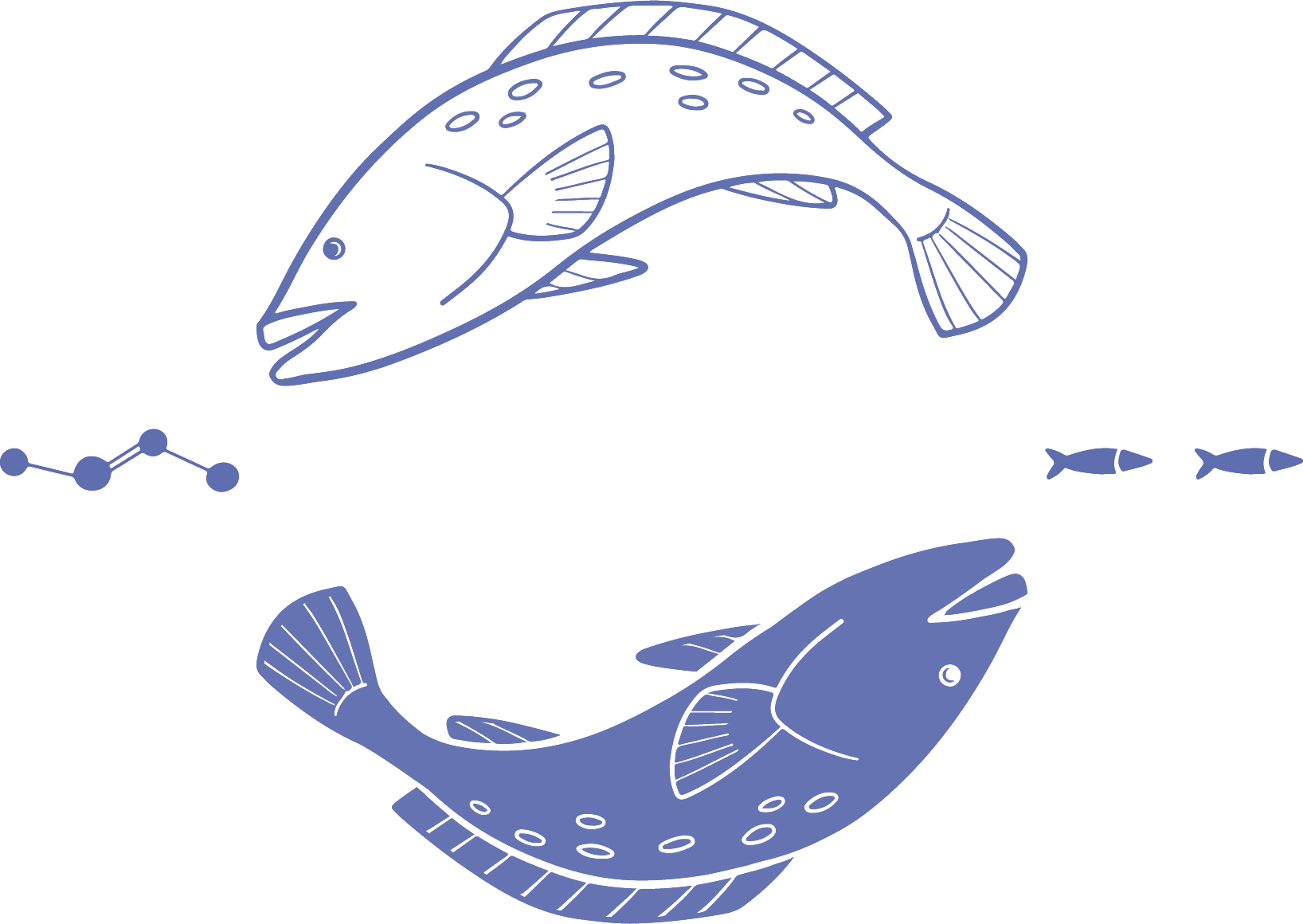
GILLES DURIEU
[English below] Gilles Durrieu est professeur en Mathématiques Appliquées/Statistiques à l’Université Bretagne Sud. Sa thèse soutenue en septembre 1997 à l’université de Bordeaux portait sur le développement de modèles stochastiques pour des systèmes biologiques complexes. Gilles a été recruté en septembre 1999 comme MCF à l’université de Bordeaux (https://www.epoc.u-bordeaux.fr/), puis comme PR à l’Université Bretagne Sud en septembre 2010 où il exerce toujours ses fonctions (incluant une délégation de 2 ans à l’Université de la Nouvelle-Calédonie, 2017-2019). Gilles a pu prendre des responsabilités lourdes comme la direction sur 2 mandats du département Mathématiques, Informatique et Statistique de la faculté des sciences de l’UBS, la direction du laboratoire de Mathématiques de Bretagne Atlantique (LMBA, UMR CNRS 6205), la responsabilité de l’équipe Système Dynamique, Probabilités et Statistique et depuis 2019 de l’axe Science des Données du LMBA. Au niveau formation, Gilles a de nombreuses responsabilités comme avoir été responsable sur 2 mandats de la mention Mathématiques de la licence et de la mention Mathématiques Appliquées, Statistique du Master. Au niveau recherche, Gilles Durrieu poursuit ses recherches sur le développement de modèles et de méthodes dans le domaine de l’apprentissage statistique et algorithmique (machine learning et data mining) en collaboration avec l’UNC.
Son implication dans le projet TONIC se situe au niveau de la modélisation statistique et mathématiques dans l’axe 4 du projet. L’objectif est de développer des approches de modélisation mathématique et un cadre informatique pour comprendre les interactions complexes au niveau de l’écosystème corallien. La modélisation de l’évolution de ces écosystèmes est fondamentale pour comprendre et analyser les changements observés et prédire leur évolution. Atteindre ces objectifs soulève de nombreux défis méthodologiques. En raison de la complexité des processus sous-jacents, les modèles doivent prendre en compte plusieurs contraintes telles que : les interactions entre les différentes échelles impliquées dans les processus, l’identification et l’effet de nombreux facteurs explicatifs (environnement et anthropogénique), le degré de dépendance entre certains d’entre eux, la nécessité de prendre en compte des cofacteurs confondants inconnus/non quantifiés pour tester les effets de facteurs d’intérêt.
Gilles Durrieu is a professor of Applied Mathematics/Statistics at the University of South Brittany. His thesis defended in September 1997 at the University of Bordeaux focused on the development of stochastic models for complex biological systems. Gilles was recruited in September 1999 as lecturer at the University of Bordeaux (https://www.epoc.u-bordeaux.fr/), then as a professor at the University of South Brittany in September 2010 where he still exercises his functions (including a 2-year delegation to the University of New Caledonia, 2017-2019). Gilles was able to take on heavy responsibilities such as directing the Mathematics, Computer Science and Statistics department of the UBS faculty of sciences for two terms, directing the Mathematics laboratory of Bretagne Atlantique (LMBA, UMR CNRS 6205), responsibility for the Dynamic System, Probability and Statistics team and since 2019 of the Data Science axis of the LMBA. At the training level, Gilles has many responsibilities such as having been responsible for 2 terms of reference Mathematics of the license and the mention Applied Mathematics, Statistics of the Master. At the research level, Gilles Durrieu continues his research on the development of models and methods in the field of statistical and algorithmic learning (machine learning and data mining) in collaboration with the UNC.
His involvement in the TONIC project is at the level of statistical and mathematical modeling in axis 4 of the project. The goal is to develop mathematical modeling approaches and a computational framework to understand complex interactions at the coral ecosystem level. Modeling the evolution of these ecosystems is fundamental to understanding and analyzing the changes observed and predicting their evolution. Achieving these goals raises many methodological challenges. Due to the complexity of the underlying processes, the models must take into account several constraints such as: the interactions between the different scales involved in the processes, the identification and effect of numerous explanatory factors (environment and anthropogenic), the degree of dependence between some of them, the need to take into account unknown/unquantified confounding factors to test the effects of factors of interest.


